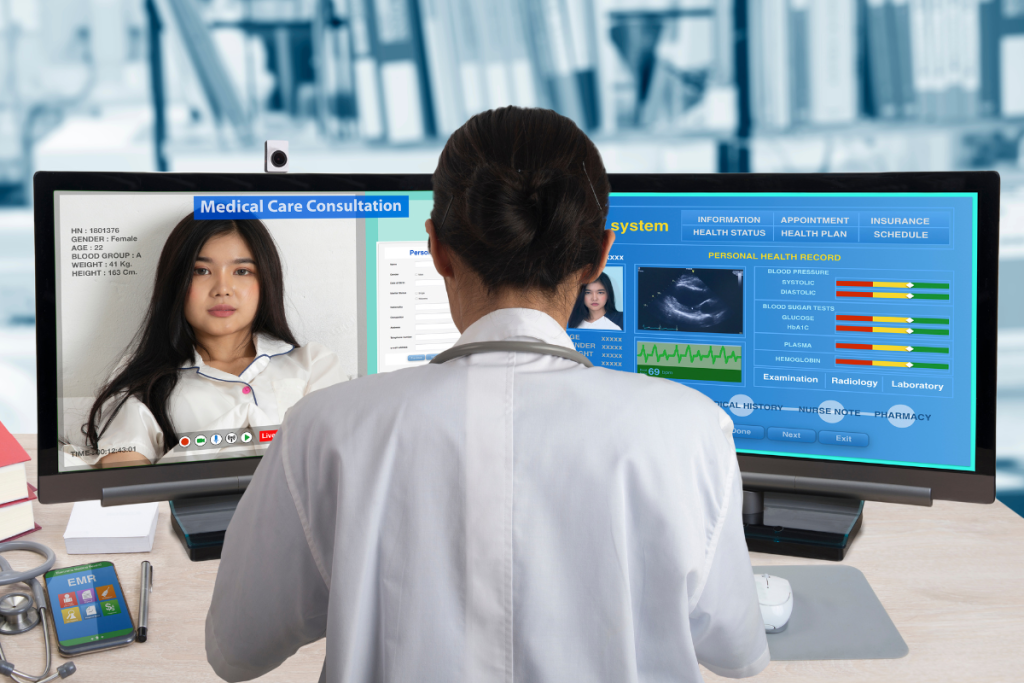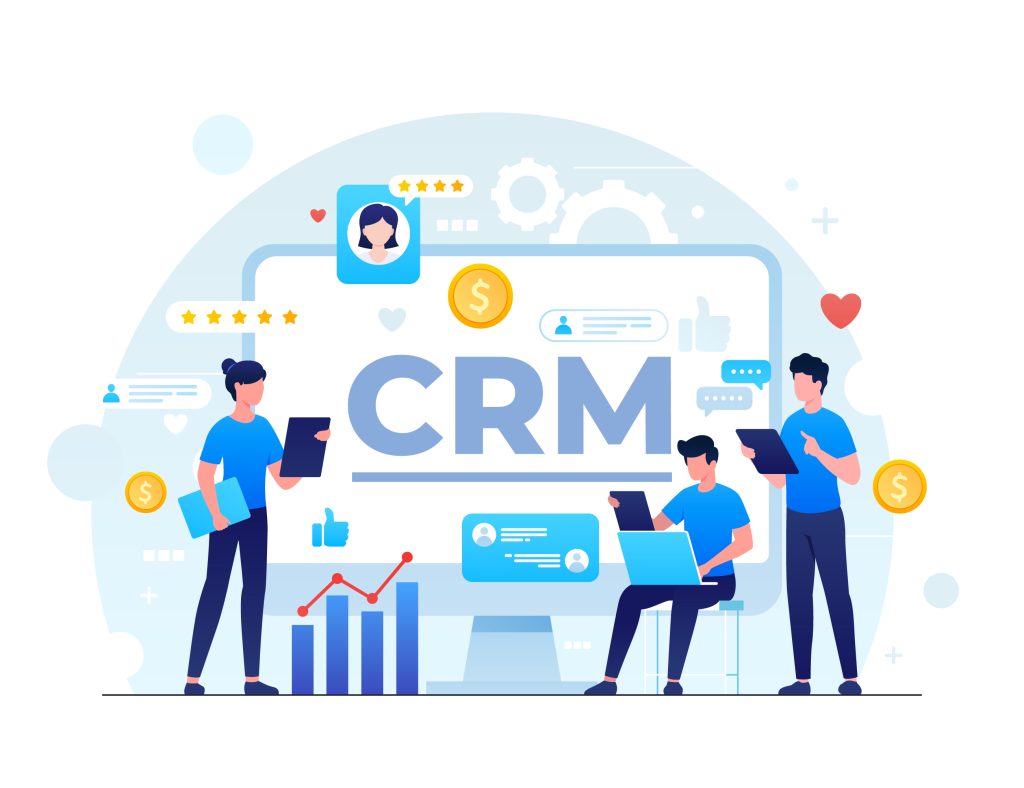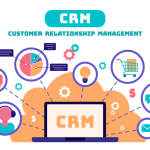CRM in Healthcare: Elevating Patient Care & Efficiency
In the constantly changing world of healthcare, where prioritizing patient satisfaction and streamlining administrative procedures is crucial, incorporating Customer Relationship Management (CRM) systems has proven to be a game-changing strategy. Traditionally tailored for managing customer interactions in business industries, CRM has seamlessly adapted to the healthcare sphere. Let’s explore how CRM is transforming patient care and enhancing administrative efficiency in healthcare.

Understanding CRM
When it comes to effectively managing patient relationships in the healthcare industry, CRM is the key. By utilizing technology, CRM aids in streamlining administrative tasks and facilitating better communication between healthcare providers and patients. This powerful system centralizes patient data, streamlines appointment scheduling, automates reminders, and keeps track of interactions with patients, all with the ultimate goal of enhancing patient engagement and satisfaction.
Drawbacks in Traditional Healthcare
Traditional healthcare faces several challenges that impede efficiency and engagement. Common issues include manual processes, fragmented data storage, and lack of patient involvement. Paper records are particularly problematic, prone to errors and delays in diagnoses and treatments. Additionally, appointment scheduling and follow-up procedures heavily rely on human intervention, causing scheduling conflicts and missed opportunities for patient engagement.
How CRM Removed Those Drawbacks
The integration of CRM has greatly improved the healthcare industry by effectively tackling its previous drawbacks. By converting patient records into digital format and centralizing data, CRM systems provide accuracy and convenient accessibility. Automating appointment scheduling and reminders effectively reduces no-shows and streamlines the booking process, improving overall efficiency. Moreover, with the aid of CRM platforms, healthcare providers can now systematically monitor patient interactions, leading to timely follow-ups and personalized care plans.

Enhancing Patient Care
By utilizing CRM, healthcare professionals can deliver exceptional and individualized care to each patient. With thorough patient profiles and in-depth analysis of past data, providers gain valuable insights into preferences, medical backgrounds, and treatment progress. This empowers them to implement targeted interventions and proactively manage patients’ healthcare needs. What’s more, CRM streamlines communication channels, making it effortless for patients to connect with providers, receive remote medical guidance, and access educational materials. This fosters a culture where patients are empowered to actively engage in their healthcare journeys.
Streamlining Administrative Processes
From appointment scheduling to billing and claims management, CRM streamlines administrative tasks, reducing manual errors and optimizing resource allocation. Automated workflows and task assignments streamline internal processes, enabling staff to focus on patient care rather than administrative overhead. Furthermore, CRM analytics provide valuable insights into operational performance, enabling healthcare organizations to identify bottlenecks, optimize resource utilization, and implement data-driven strategies for
continuous improvement.

Additional Benefits of using CRM
Not only does CRM benefit healthcare organizations by streamlining patient care and administrative processes, but it also provides a range of other advantages:
- Enhanced Teamwork: Thanks to CRM, multidisciplinary care teams can work together more effectively by having all patient information in one centralized location and utilizing communication tools. This ultimately results in improved care coordination and better treatment results.
- Regulatory Compliance: By implementing strong security protocols, access controls, and audit trails, CRM systems effectively meet regulatory requirements, such as HIPAA, ensuring the protection of patient privacy and data integrity
To Sum it up
Incorporating CRM into the healthcare industry marks a significant change in how patients are treated and how administrative tasks are managed. By utilizing innovative technology to streamline procedures, improve communication, and personalize patient experiences, CRM enables healthcare institutions to achieve excellent care results while also promoting operational proficiency. As the world of healthcare continues to evolve, the adoption of CRM is key for organizations that are dedicated to meeting the ever-changing demands of patients and stakeholders in the digital age.
Check out my previous blog: https: Mastering Cloud-Native Development for Maximum Impact








